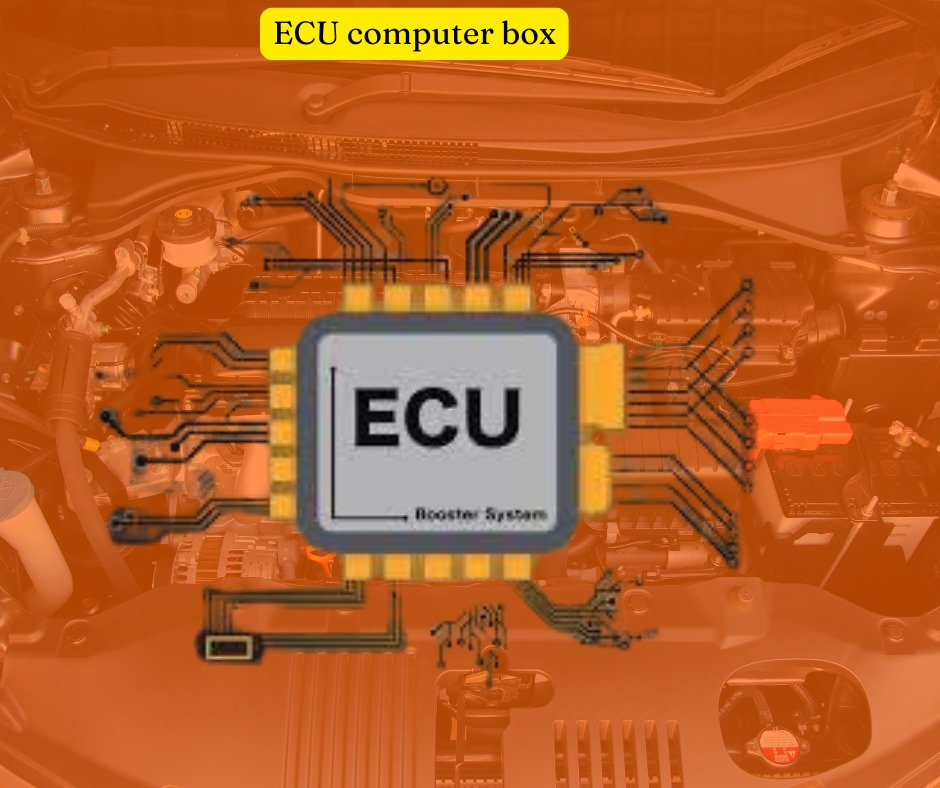Troubleshooting Common ECU Malfunctions

Discover expert tips and strategies for diagnosing and fixing ECU issues that could save your vehicle from expensive damages.
Understanding ECU and Its Importance in Your Vehicle
The Engine Control Unit (ECU) is a critical component in modern vehicles. It acts as the brain of your car, managing the engine's performance, fuel efficiency, and emissions. By processing data from various sensors, the ECU ensures that your vehicle operates smoothly and efficiently. Without a functioning ECU, your car may struggle to start, run inefficiently, or even fail to operate altogether.
Understanding the role of the ECU can help you appreciate its importance and recognize when issues arise. The ECU controls various systems including ignition timing, air/fuel ratio, and idle speed, making it a cornerstone of vehicle performance.
Common Symptoms of ECU Problems
Identifying the signs of a faulty ECU can help you address problems before they escalate. Common symptoms include the Check Engine Light staying on, engine misfires, and poor fuel economy. You may also experience difficulty starting the vehicle, or the engine may stall unexpectedly.
Other symptoms can include irregular shifting patterns in automatic transmissions, reduced engine power, and strange behavior from other electronic systems in the vehicle. Recognizing these symptoms early can save you from more costly repairs down the line.
Step-by-Step Guide to Diagnosing ECU Issues
Diagnosing ECU problems requires a systematic approach. Begin by using an OBD-II scanner to read any error codes from the ECU. These codes can give you a starting point for identifying the issue. Next, inspect the ECU and its connections for signs of damage or corrosion.
If the error codes indicate sensor problems, consider testing or replacing the affected sensors. Also, check for software updates from the vehicle manufacturer, as outdated software can sometimes cause ECU malfunctions. If you're still unable to diagnose the problem, it may be time to consult a professional.
Repairing Your ECU: DIY Fixes vs. Professional Help
When it comes to repairing your ECU, you have two main options: DIY fixes or professional help. DIY fixes can include simple tasks like resetting the ECU by disconnecting the battery or updating the ECU software. However, more complex issues may require specialized tools and expertise.
Professional help is recommended for diagnosing and repairing severe ECU problems. A certified mechanic has the necessary equipment and experience to accurately diagnose and repair ECU issues, ensuring that your vehicle runs smoothly and safely.
Preventative Measures to Avoid ECU Problems in the Future
Preventative maintenance is key to avoiding ECU problems. Regularly check and replace the vehicle's sensors and wiring to ensure optimal performance. Keeping your vehicle's software up to date can also prevent issues from arising.
Additionally, avoid exposing your vehicle to extreme temperatures and moisture, which can damage the ECU. Regular servicing and inspections can catch potential issues early, saving you time and money in the long run.

 Loading..
Loading..